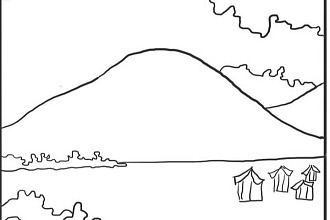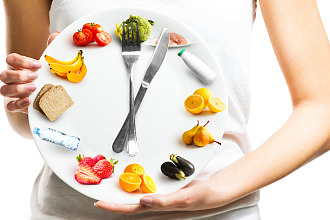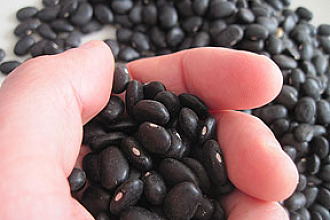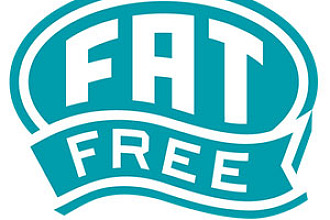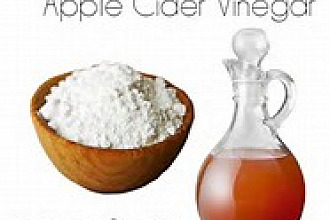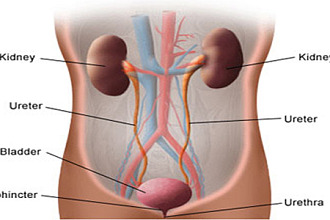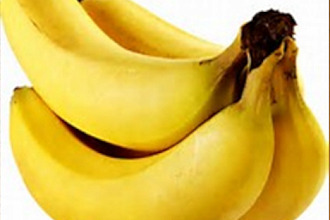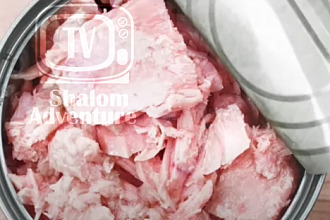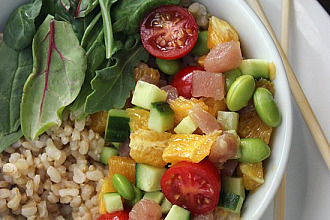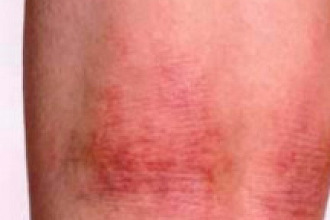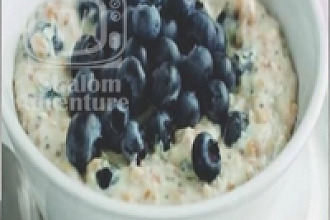For those of us thinking of moving to a plant-based diet, many questions about nutrition and health can come up. Is it really possible to get all of the nutrients we need from plants alone? We are here to answer many common questions you or you family may have. Here's an overview of basic vegetarian or vegan nutrition, as well as answers to some of the common concerns people raise. Our focus will be on maintaining a healthy balanced diet full of fruits and vegetables. Let's get started!
Protein
Protein comes from meat and dairy right? How will you get enough if you cut those products from your diet? It turns out; protein comes from a much wider variety of sources than you may have thought. Protein is found in foods ranging from peas to peanut butter, and from broccoli to pasta, even potatoes contain some protein.
Protein is made up of amino acids, which are basically building blocks for our body. We can synthesize many of them within our bodies. However, there are eight essential amino acids (9 for children) that need to come from the foods we eat. A complete protein is a protein that contains the proper balance of all 8 essential amino acids. Different foods generally contain different amounts of amino acids, for this reason, foods are commonly combined to create complete proteins. Common combinations include rice and beans, oatmeal and nuts, or peanut butter and toast.
Getting enough protein is actually pretty simple. Basically, the key is this: eat legumes every day. Legumes are foods that develop in pods, like beans, peas and lentils. Not only are they packed with protein, but they are full of fiber as well. Combine legumes with grain and you have yourself a complete protein.
Vitamins and Minerals
Have you heard of riboflavin, niacin, pantothenic acid, cobalamin, and folate? They may seem like exotic words, but they are actually B vitamins. And in nutrition, B1 isn't a supersonic bomber; it's thiamine, also a B vitamin. Of course, there are vitamins A, C, D, E, K, biotin, pyridoxine, and a host of minerals.
Vitamins are needed in minute quantities to help control the metabolic processes that go on in our bodies. They help to change the energy in the food we eat to forms the body can use, and they help maintain our vision and our nervous tissue, and protect against damage from oxygen.
Water-soluble vitamins are the eight B vitamins and vitamin C, and fat-soluble vitamins are A, D, E, and K. It is often thought that water-soluble vitamins must be eaten every day, but the body stores enough of some to last for a few weeks and others for months or longer. It is important, though, that the average intake over a week or two provides all the vitamins.
The body contains even larger stores of fat-soluble vitamins than water-soluble. Fat-soluble vitamins can be toxic. And just as children are especially susceptible to inadequate intake of nutrients, they are especially susceptible to overdoses. Supplements should be used only under a physician's care. However, it is important to note, toxicity is unlikely to occur from dietary sources.
Minerals work with vitamins to control the various metabolic processes in the body. They provide the structural support in our skeleton and form the enamel of our teeth. They help our blood to clot, carry oxygen to all our cells, regulate our heart beat, and maintain proper fluid balance. Like vitamins, minerals are divided into two categories: major and trace minerals. The major minerals are needed in larger amounts and include calcium, phosphorus, and magnesium. Trace minerals are needed in much smaller amounts. Some minerals, essential in very small amounts, are toxic at higher intakes.
So, what about vegetarian diets, can they provide all of these vitamins and minerals? Yes! Vegetarians who are eating a balanced diet of fruits, vegetables, whole grains, nuts, and legumes shouldn't normally have a problem with vitamin or mineral intake. However, it is important to address a few areas of concern for people following plant-based diets, vegans especially. We can also see what can be done to defend against these deficiencies.
Vitamin B12
Cobalamin, or vitamin B12, is of special interest in a vegetarian diet because the practical sources for this vitamin are animal products, such as meat, fish, poultry, eggs, milk, and other dairy products. B12 is actually manufactured by bacteria. The process occurs in the digestive tract of cud-chewing animals. B12 can then be absorbed and incorporated into their tissues or milk.
Many vegetarians obtain adequate amounts of B12 from dairy products and/or eggs. However, a total vegetarian (vegan) diet would not contain this vitamin unless it had been added to a particular food product, and thus total vegetarians could develop a deficiency. However, vitamin B12 deficiency is rare, even among people who eat no animal food.
Ordinarily the body has considerable stores of B12, enough to last five years or more. The body also has an effective system for reusing it. So it may take 20 years or more for a vegan to develop evidence of a deficiency. However, if the gastrointestinal tract is not functioning properly, it can take only three years for the deficiency to develop. In addition, gastrointestinal secretions that are necessary for the absorption and reabsorption of vitamin B12 diminish as we age. Therefore, it is important for older vegans to be concerned about their vitamin B12 intake.
t is also worth noting that even people who consume animal products can sometimes develop a B12 deficiency, even if they are young and do not have obvious GI problems.
Vitamin B12 is generally the biggest concern for people on a vegan diet. Although seaweed also may contain some vitamin B12 from contact with adhering plankton, it is an unreliable source. The best advice for vegans is to be sure and consume vitamin B12 fortified foods (such as soy milk) or a take a B12 supplement.
Calcium
Calcium is another nutrient that can be a concern to some vegans as low calcium intake can affect bone density. Young females especially should be encouraged to consume an adequate amount of calcium.
However, in regards to calcium, vegans have several things going for them. Vegans are often more physically active, and this appears to improve bone strength. They also are more likely to avoid calcium-wasting medications, caffeine and cigarettes. Perhaps most importantly, the lower protein intake of vegetarian diets is beneficial, because high intake of protein causes a loss of calcium.
For the total vegetarian, calcium sources include tofu, dark-green leafy vegetables, blackstrap molasses, cereals, legumes, and nuts. Many new soy beverages are on the market, but many of them are not fortified appropriately. Be sure to read the label. They should have added calcium, vitamin D, and vitamin B12.
Iron
Iron is of special concern in the diets of women of child-bearing age, adolescents, and young children. An iron deficiency can affect a child's ability to learn, as well as pregnancy outcome.
Two forms of iron are found in the diets of most people. Heme iron comes from animal tissues and is highly available. The less well absorbed nonheme iron is found in plant foods. The absorption of nonheme iron is affected by various dietary factors. For instance, fiber, phytates, and phosphates commonly found in plant foods, and the tannins in tea, inhibit its absorption.
In contrast, vitamin C-containing foods increase its absorption when eaten at the same meal. Thus, it is very important for vegetarians to include a vitamin C-containing food at every meal. This will help to increase the availability of iron and prevent iron-deficiency anemia.
Good sources of iron include whole-grain and enriched breads and cereals, seeds, nuts, legumes, blackstrap molasses, raisins, prune juice, green leafy vegetables, tofu, and brewer's yeast.
Zinc
Most of the zinc consumed by Americans comes from animal products. In addition, the absorption of zinc is affected by various plant food components, such as fiber and phytate. However, because the body appears to adapt to higher intakes of fiber, zinc status may not be affected as much as might be expected.
It is important to include a variety of good sources of this important mineral every day. These include nuts, legumes, sunflower and pumpkin seeds, wheat germ, whole-grain yeast breads, and whole-grain cereals.
Summary
In conclusion, a vegetarian diet is fully capable of providing the nutrients a person needs. However, greater care must be taken when a person moves to a vegan diet. Attention must be given to those nutrients that are found in lesser amounts or in a less available form from plant foods. Focusing on a balanced diet is key to achieving good nutrition. Eat plenty of fruits and vegetables. Also, legumes (beans and peas) should be included on a daily basis because they contain many vitamins and minerals. Vitamin B12 is the biggest concern, and a source of it must be assured.
We wish you well on your journeys to happier and healthier lives.
Originally found here

_medium.jpg)
